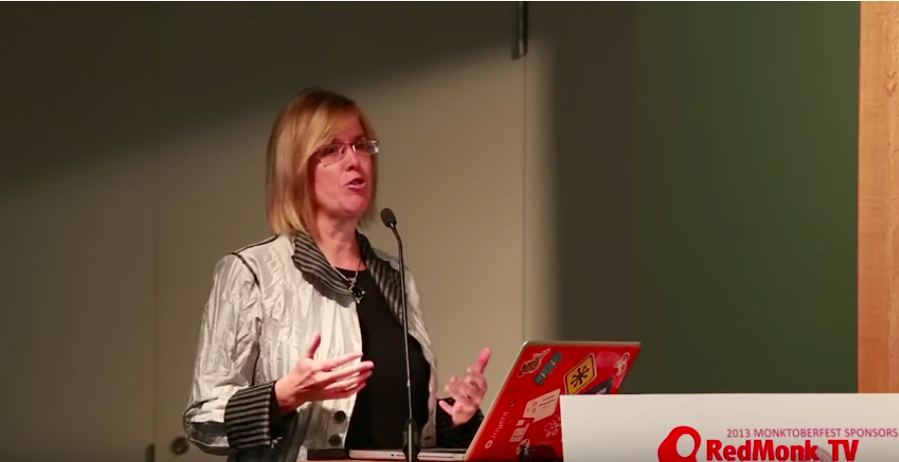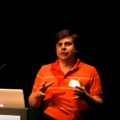I originally wrote this in January 2016 and submitted it to Cracked.com, which I was greatly enjoying at the time. Never heard back from them, so here it is.
There are about a bazillion different types of cancer. Not all of them require or even benefit from chemotherapy, but, when we hear “cancer”, chemo is what we tend to immediately think of, and fear the most. Except, of course, dying.
I have “difficult” breasts, and I’ve had cancer scares before. Each time, the most frightening possible outcome, to me, was chemo (yes, chemo scared me more than death). My nightmare finally came true: in late 2014 I was diagnosed with breast cancer requiring surgery and then chemotherapy (followed by radiation and hormonal therapy).
While chemotherapy may well save my life (we’ll get to that), it has proved in some ways to be almost as bad as I’d feared – and, in other ways, even worse.
Continue reading 7 Horrifying Facts About Chemotherapy











